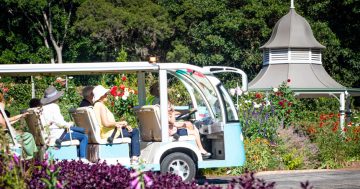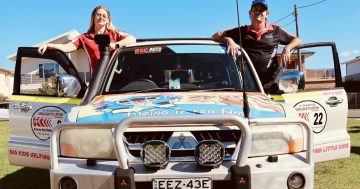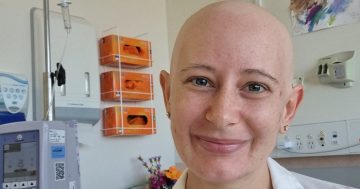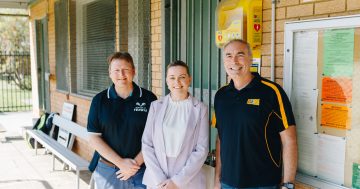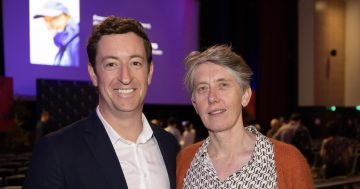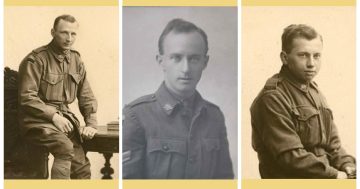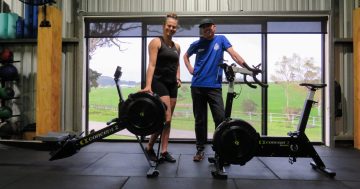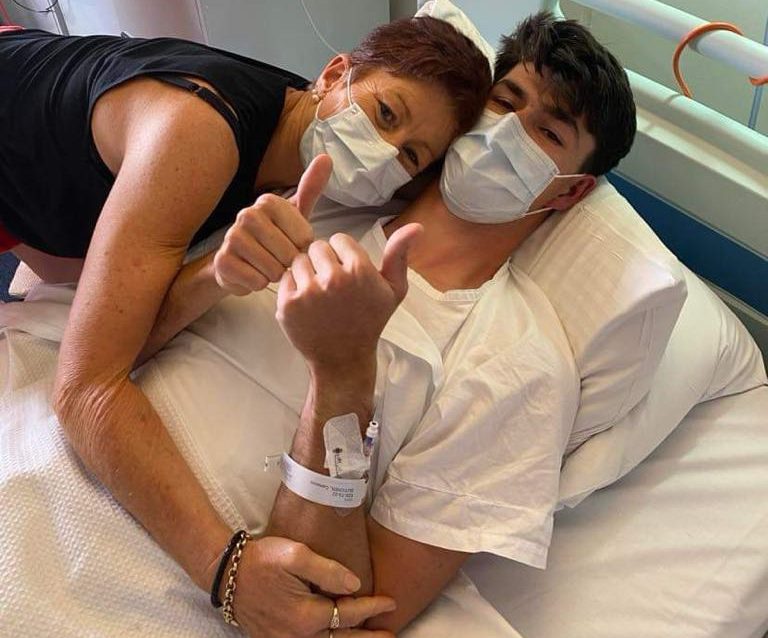
Cameron with his mum, hours before his life-saving heart transplant. Photo: Cameron Butcher.
As an avid cyclist aged 19, heart failure was understandably not on Cameron Butcher’s radar.
In April 2020, feeling unwell, the Wollongong man went to see a GP who took blood tests that showed markers for liver damage.
“I was accused of binge drinking and told to go home,” he said.
Vilified, he turned to the best medicine he knew — exercise on his bike. He trained 20 to 25 hours a week, but six months later felt no better.
A second set of tests revealed he had had Glandular Fever for the past six months, but as his health continued on a downward trajectory, he eventually received the diagnosis of dilated cardiomyopathy.
It meant his heart’s main pumping chamber, the left ventricle, was enlarged, weakened and unable to pump blood sufficiently throughout the body.
“A healthy adult heart typically has an ejection fraction — that’s blood ejected from the left ventricle — of 50-70 per cent. Mine was 20 per cent. It was also out of rhythm. Sometimes there were three seconds between heartbeats,” he says.
“It came as the biggest shock to me and my family. We had always thought heart failure was either due to genetics, age or lifestyle. But we had no history of it in the family and I was young and very fit.
“The prevailing theory is that viral infections like Glandular Fever can attack organs and with all the cardio-heavy exercise I was doing, it went straight for my heart.”
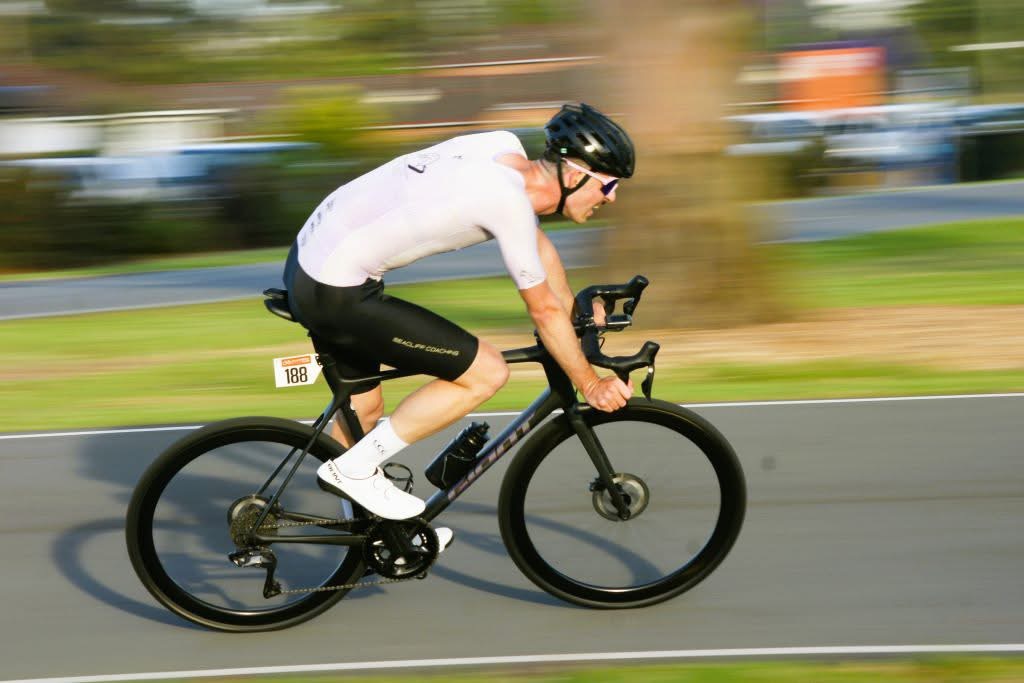
Cameron has always been an avid cyclist. Photo: Adrian McMillan.
Not wanting to take chances, doctors implanted both a pacemaker to manage his heart rhythm and a defibrillator, in case things took a turn for the worse.
They did, in a series of escalating events throughout 2023 and 2024.
“Once I had fainted mid-swim and sunk unconscious to the bottom of the pool. The shock from the defibrillator brought me to,” he said.
“Another time, I was shocked in my sleep. That was particularly worrying, because my heart had not been under any stress at the time. That’s when they decided to put me on the transplant list.”
Then, in late 2024, while playing a low-intensity game of social cricket with his mates, Cameron suffered a “supraventricular storm” — a series of life-threatening arrhythmias requiring intervention from his defibrillator.
“I got four shocks in the space of five minutes. Some I was conscious for, others not. It was scary.”
But soon after, Cameron’s story would take a turn for the better, thanks to an organ donor.
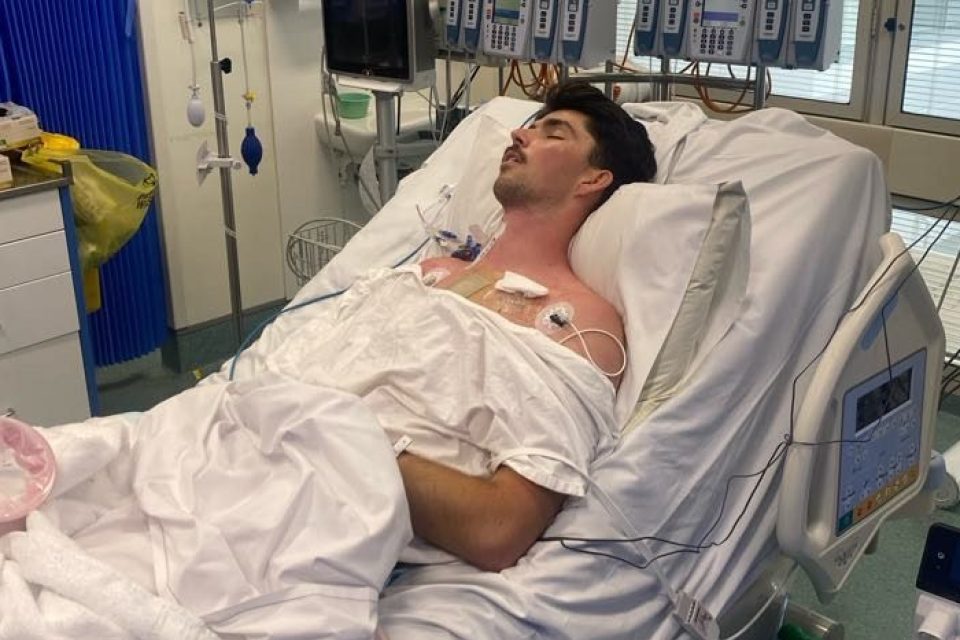
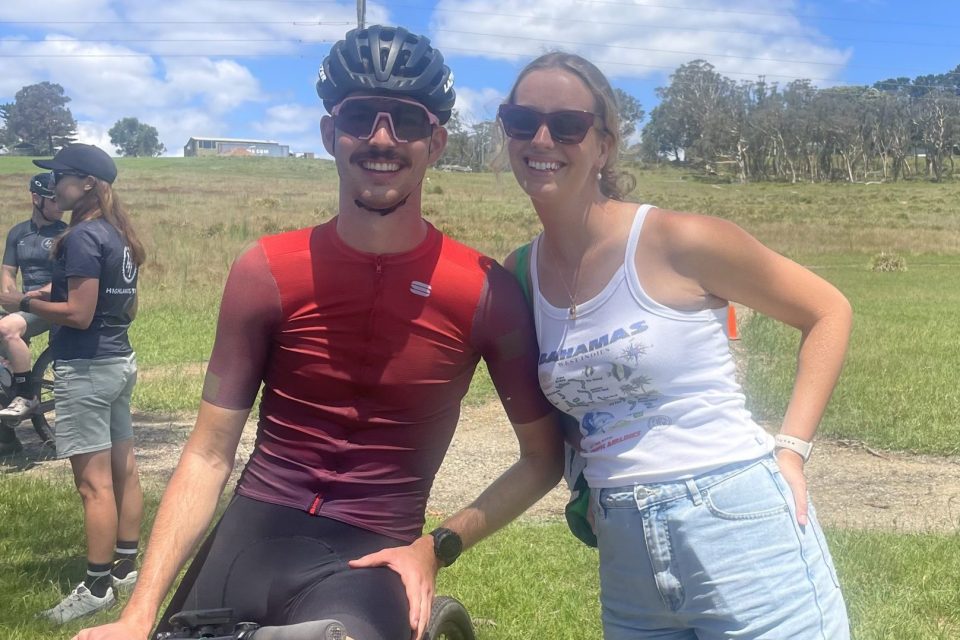
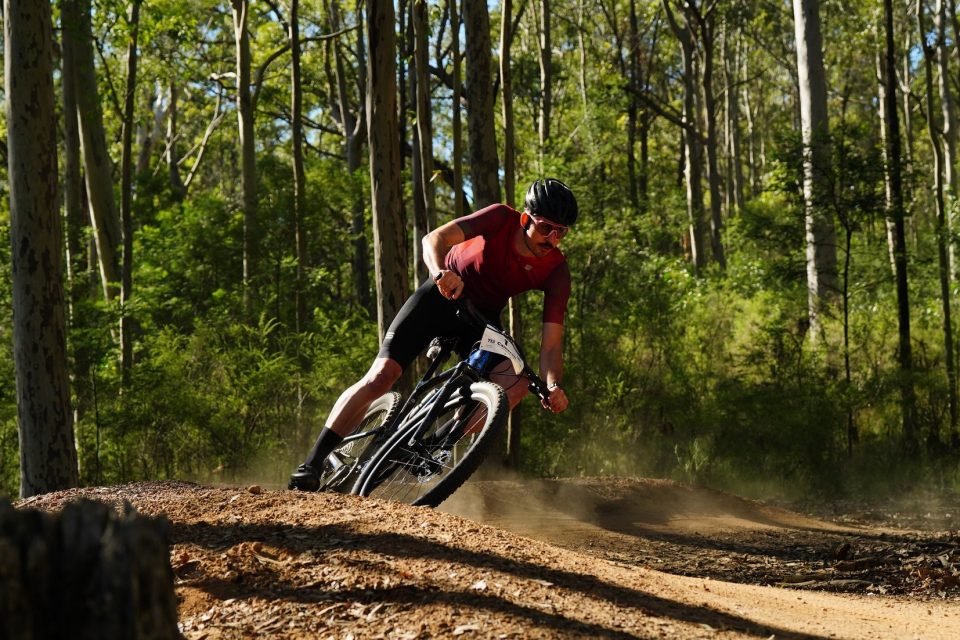
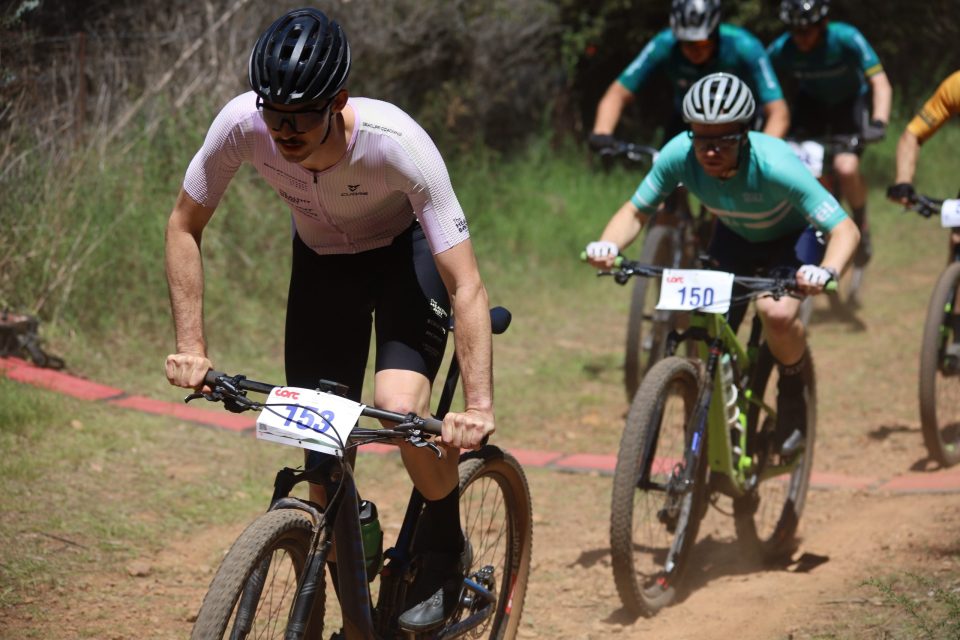
“I got the call late one night from DonateLife that they might have a match,” he said.
“By that stage I was 24. I couldn’t work, I couldn’t drive, I couldn’t exercise. We all knew transplant was the only option.”
By noon the next day, Cameron was having a heart transplant.
Due to confidentiality, Cameron only knows little about his donor.
“All I know is that they were young, and that their generosity, and the generosity of their family, gave me a second chance at life,” he says.
Now, at 25, aside from taking immunosuppressive pills to prevent organ rejection and a slightly lower-than-average BPM (beats per minute) during exercise, Cameron is making the most of what he calls his second chance at life.
He’s running his own business and is back on his bike. In January next year he hopes to claim first place in the transplant category at the AusCycling Road National Championships.
And as DonateLife Thank You Day approaches, he’s feeling more grateful than ever to the stranger who gave him a heart.
“It’s a strange feeling, because I know to have this life, someone lost theirs. But I am grateful to that person and their family,” he says. “I know without their decision to donate, I probably wouldn’t be here. It’s not something I will ever take for granted.”
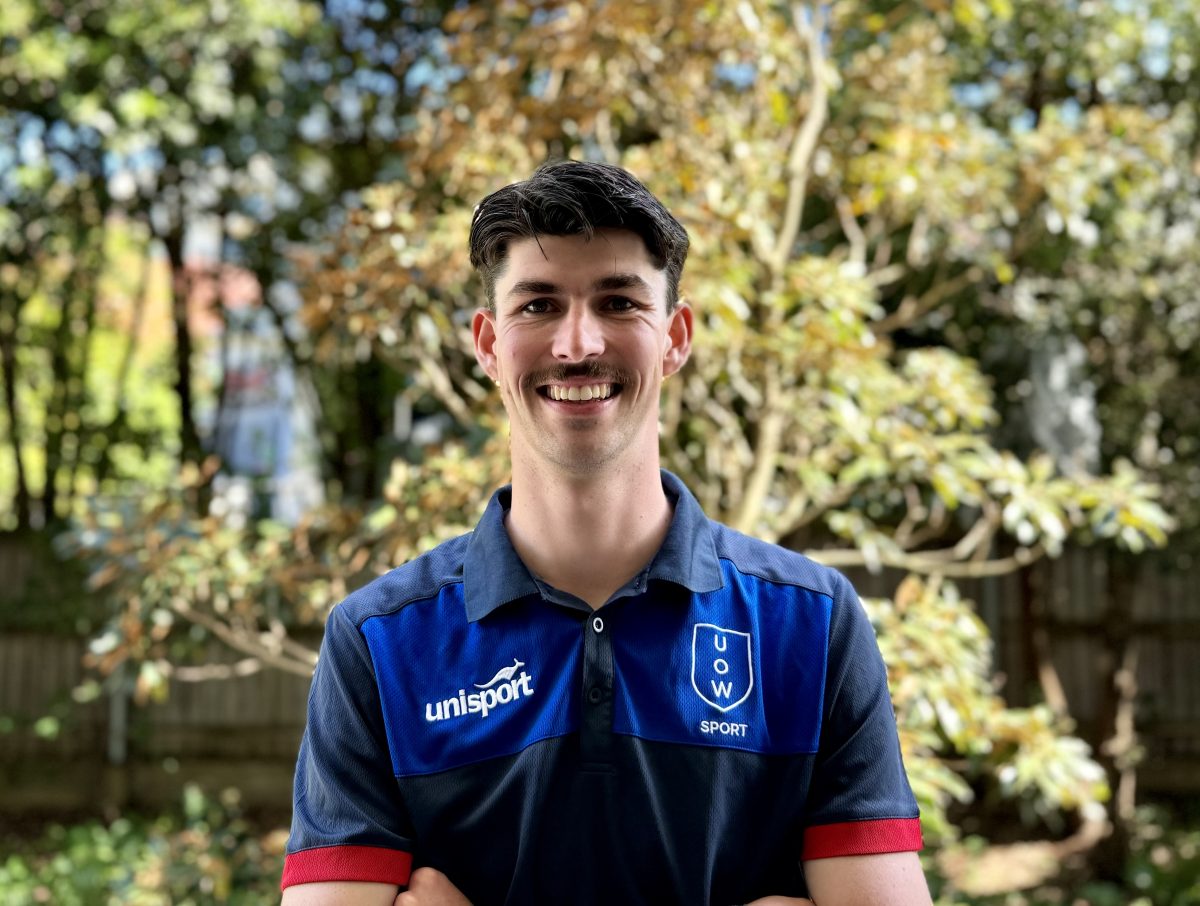
Cameron is making the most of his second chance at life, made possible by the generosity of an organ donor and their family. Photo: Supplied.
This Sunday 16 November is DonateLife Thank You Day — a national day to acknowledge the generosity of organ and tissue donors and their families.
Each year, thousands of lives are saved and transformed through the generosity of living and deceased organ and tissue donors and their families.
One organ donor can save up to seven lives and transform many more through tissue donation.
Families are much more likely to agree to donation when they know what their loved one wanted. Around eight in 10 families say yes to donation when their loved one is a registered donor, compared with about four in 10 when they are unsure of their wishes.
You can register to be a donor on the Australian Organ Donor Register online through DonateLife.gov.au, by using your myGov account, or by phone at 1800 777 203.








